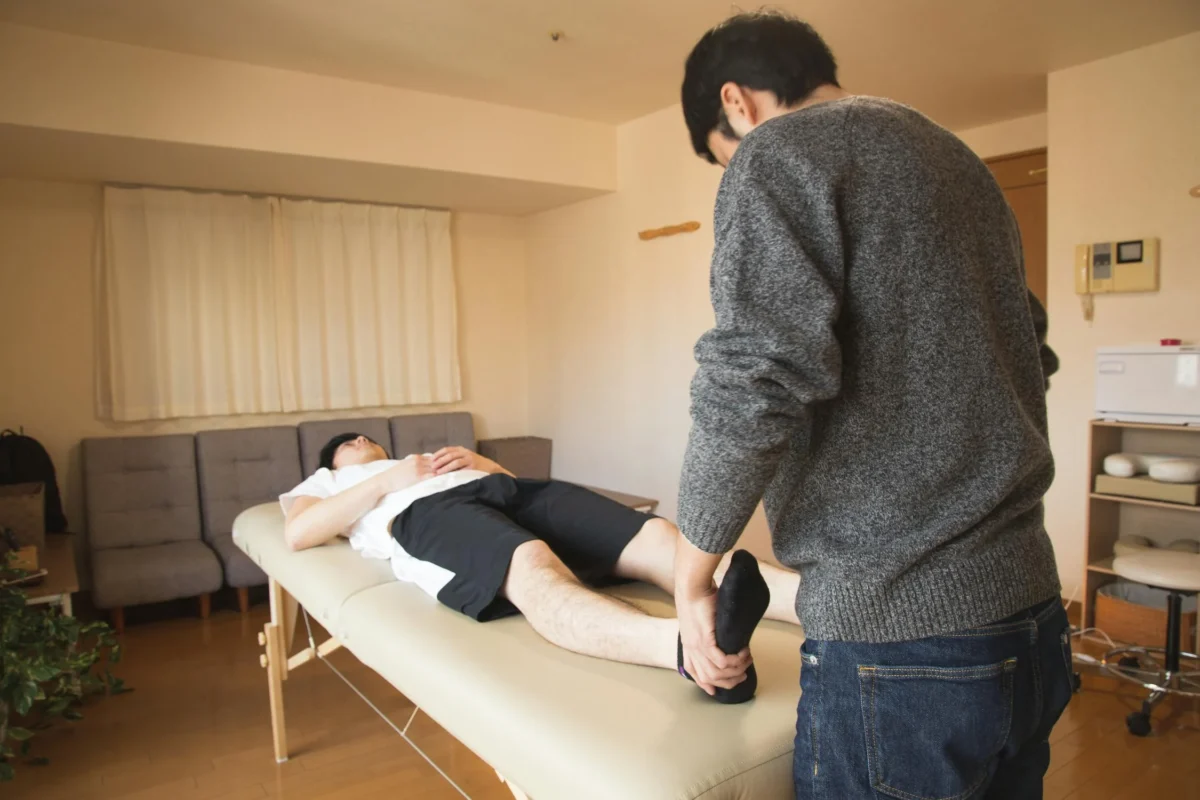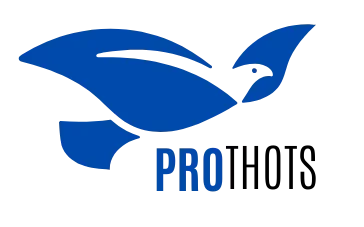Blog
Types of Rehab for Drug and Alcohol Addiction: Finding the Right Path to Recovery

Statistics reveal that over 20 million Americans struggle with addiction to drugs or alcohol, highlighting the urgent need for effective treatment options. Addiction is a complex condition that affects people both physically and mentally. San Juan Capistrano rehab can help you understand the various types of rehab programs available, which is crucial for finding the right path to recovery.
Detoxification (Detox)

Understanding the Detox Process
Detoxification, or detox, is often the first step in recovery. It involves allowing the body to rid itself of drugs or alcohol. During this process, individuals may experience withdrawal symptoms which can be both physiological and psychological. Common symptoms include anxiety, sweating, nausea, and shaking.
Types of Detox Programs
Detox programs vary in structure and support:
- Inpatient Detox: Patients stay at a facility for 24/7 medical supervision.
- Outpatient Detox: Individuals attend sessions while living at home, offering more flexibility.
- Medically Supervised Detox: Healthcare professionals manage withdrawal with medications to ease discomfort.
- Medication-Assisted Treatment (MAT): Medications help reduce cravings and withdrawal symptoms.
Finding a Safe and Effective Detox Facility
Choosing a detox center is vital. Consider these tips:
- Verify accreditation and licensing.
- Check if the facility accepts your health insurance.
- Research reviews and testimonials from previous patients.
Inpatient Rehabilitation
Inpatient rehab programs provide an immersive experience where individuals live at the facility. This model offers 24/7 support and a structured schedule.
Levels of Care Within Inpatient Rehab
Different levels of care include:
- Medical Care: Focus on physical health and managing severe withdrawal.
- Residential Care: Combines therapy with a supportive living environment.
- Therapeutic Care: Intensive therapy sessions focusing on underlying issues of addiction.
Benefits of Inpatient Rehab

Benefits:
- Constant support and supervision.
- A distraction-free environment promotes focus on recovery.
Drawbacks:
- Higher costs compared to outpatient programs.
- Requires a significant time commitment, often lasting 30 to 90 days.
Outpatient Rehabilitation
The Outpatient Model
Outpatient rehab allows individuals to receive treatment while managing daily responsibilities. Sessions occur several times a week, balancing therapy with work and family obligations.
Types of Outpatient Programs
Outpatient programs often differ in intensity:
- Intensive Outpatient Programs (IOP): More frequent sessions and a focus on skill-building.
- Partial Hospitalization Programs (PHP): Offers a structured schedule but allows patients to return home each night.
- Standard Outpatient Programs: Less intensive, ideal for those transitioning from inpatient care.
Balancing Treatment with Daily Life
Managing work and family while undergoing treatment can be challenging. Effective communication with employers and family members can provide necessary support and understanding.
Medication-Assisted Treatment (MAT)

How MAT Works
MAT combines medications with therapy to support recovery. Medications help alleviate withdrawal symptoms and reduce cravings, playing a crucial role in long-term recovery.
Common Medications Used in MAT
Some medications used in MAT include:
- Methadone: Helps manage opioid addiction.
- Buprenorphine: Reduces cravings and withdrawal symptoms.
- Naltrexone: Blocks the effects of opioids and alcohol.
MAT and Other Treatment Modalities
MAT is most effective when combined with counseling and behavioral therapies, creating a comprehensive treatment plan that addresses both physical and mental health.
Alternative Therapies and Holistic Approaches

Holistic Treatment Options
Alternative therapies provide additional support during recovery. Options include:
- Yoga and Meditation: Promote relaxation and mental clarity.
- Acupuncture: May help reduce withdrawal symptoms.
- Nutritional Counseling: Supports physical health and well-being.
12-Step Programs
12-step programs like Alcoholics Anonymous (AA) offer peer support and a structured path to recovery. These programs encourage community involvement and personal accountability.
The Importance of Aftercare
Aftercare is critical for sustaining recovery. Ongoing support through counseling, support groups, or sober living environments can help prevent relapse.
Conclusion
Understanding the types of rehab available is essential for those seeking recovery from drug and alcohol addiction. From detox to inpatient and outpatient programs, each option has unique benefits and challenges. Individualized treatment plans tailored to specific needs enhance the chances of long-term success.
If you or a loved one is seeking help, numerous resources and helplines are available. Remember, recovery is a journey filled with hope, and every step taken is a step toward a healthier life.
